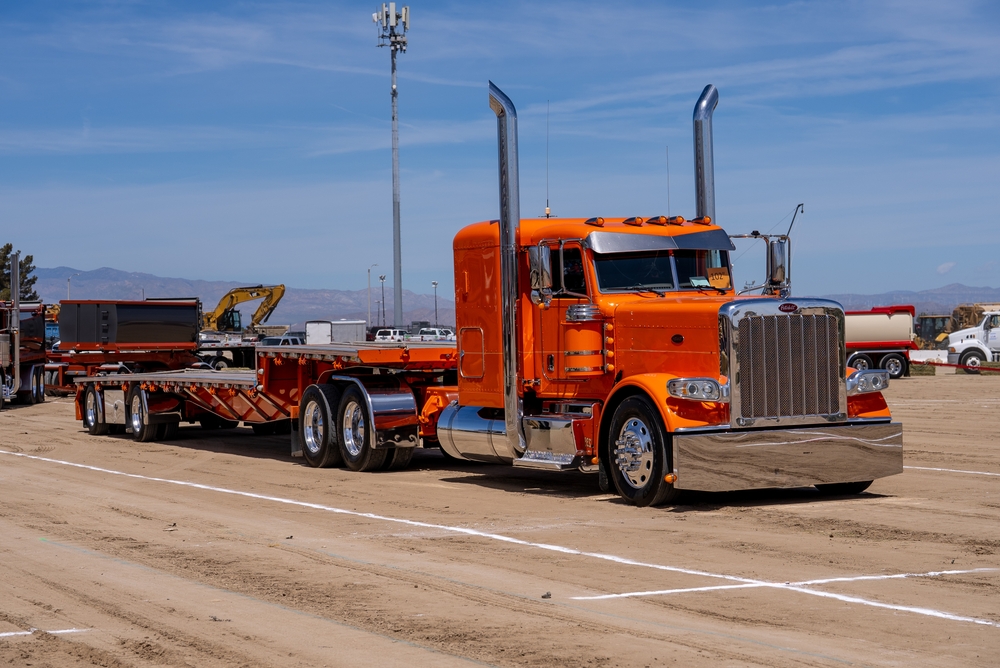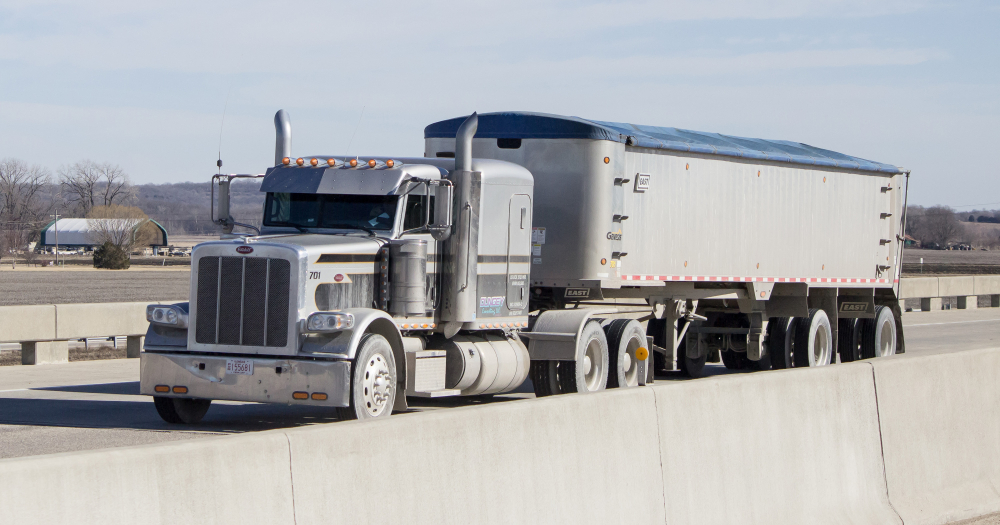
It appears the job loss fears of unions representing more than 22,000 West Coast dockworkers are grounded in reality.
The International Longshore and Warehouse Union (ILWU) is engaged in contract negotiations with Pacific Maritime Association, which represents employers at 29 ports along the West Coast. The most contentious point of the labor-management dispute revolves around automation. Union leaders have dug in on the issue, understanding that modern-era robotics will sideline workers.
“People are absolutely afraid. Every time there’s a rumor about a new terminal even contemplating automation, people are scared,” Jimmy Monti, a longshoreman at the Los Angeles-Long Beach port facility, reportedly said. “Look at other places in the United States, like Flint, Mich., Detroit, Mich., Youngstown, Ohio. Those economies, just completely disrupted.”
Although union leaders appear committed to hashing out a contract without going on strike, rank-and-file members have reportedly flexed their muscle. Dockworkers at the Port of Tacoma reportedly pulled a no-show for a night shift in August. That shot across the bow may have reminded management of the havoc and bottlenecks a labor action would create. Reports coming out of the Port of Los Angeles indicate union members are refusing to work in areas that utilize automated container-moving equipment, citing safety concerns.
“My goal is to move the union forward in a militant, progressive manner,” ILWU President Willie Adams reportedly said. “I think you can win the war and still keep the peace.”
Neither the ILWU nor the Pacific Maritime Association is directly speaking to the media about the ongoing negotiations. But both sides agreed to a pause over the summer in an effort to let cooler heads prevail. Dockworkers have gone on strike before and another walkout would deal a crippling blow to the supply chains.
Recent history seems to justify union workers’ fears about potential job loss. California’s ports were overrun in 2021 and importers have pivoted away to Gulf and East Coast ports. New trade routes inevitably send work hours away from ILWU members. Costly truck emissions regulations and the implementation of the AB5 that bans independent trucking operations have made landing containers in the Golden State less palatable. Adding insult to injury, the City of Oakland is moving forward with a Major League Baseball park that would eat up port lands.
The Harbor Trucking Association unsuccessfully tried to block the use of commercial waterfront property for the construction of a new Oakland Athletics baseball field. Those who earn a living working the docks and hauling freight advocate for the city demolishing the existing complex once shared by the now-Las Vegas Raiders and Oakland A’s. But Oakland Mayor Libby Schaaf appears willing to give the Major League Baseball team prime commercial real estate, having already lost the Raiders and Golden State Warriors on her watch.
“She doesn’t want her legacy to be the Raiders, Warriors and the A’s all leaving Oakland. No one wants to see the A’s leaving Oakland,” Harbor Trucking Association CEO Matt Schrap reportedly said.
Schrap points out that reducing the port’s capacity will deal another blow to imports and exports, and that means job loss. The Port of Oakland saw a 28 percent year-over-year drop in container volume in July.
Dockworkers appear to have very real concerns that good-paying positions will be lost. Shippers are already steering away from West Coast ports, robots are moving in, and ballparks are being prioritized over union jobs.
Sources: ft.com, npr.org, ttnews.com, wsj.com











Leave a Comment